
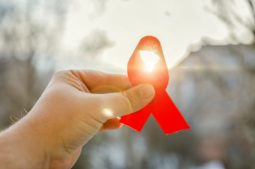
On the first of December each year, the world commemorates World AIDS Day. It provides an opportunity for people around the globe to remember those who have died of AIDS-related illnesses. We want also to show our support and solidarity with people who are living with HIV. Every year AIDS day focuses on a special… View Article
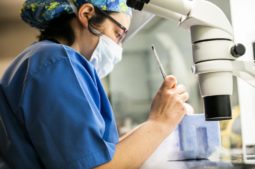
IVI finds that the use of slush nitrogen at -210o in embryo vitrification could increase embryo survival compared to the current technique Non-invasive preimplantation genetic testing for aneuploidy is the starting point to continue to seek an improvement in results, and can become a useful diagnostic tool This important safety research is being presented at… View Article

The beautiful complexity and delicate balance of the reproductive system are among the wonders of human biology. It would be impossible to claim that any one element was more important than the others because they all play an essential part, but it is true to say that without ovarian follicles there could be no egg… View Article

A bicornuate uterus, also known as a heart-shaped womb, is a congenital condition in which the two sides of the uterus do not join completely during foetal development. It results in a girl being born with a womb partially divided into two parts which are not completely separate and have a common cervix. This results… View Article

A low sperm count leading to infertility is an increasingly common condition in the Western world. A recent study led by Dr Ashley Tiegs, IVI fellow, found that the number of men at risk of needing fertility treatment went from 12.4% in 2004 to 21.3% in 2017. It also reported that male infertility now represents… View Article
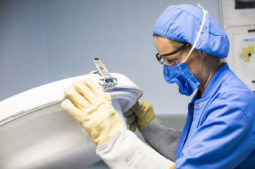
IVI presents a study that reveals the relationship between early fertility preservation and a higher gestation success rate in endometriosis patients On the occasion of the 36th Congress of the European Society of Human Reproduction and Embryology (ESHRE) We have already talked about endometriosis on other occasions, what this disease consists of, what its main… View Article

Artificial Intelligence has made it possible to create the KIDScoreD5 system, which automatically analyses and classifies embryos, increasing the probability of gestation IVI has carried out the most extensive study to date, which has enabled it to demonstrate this clinical revolution in embryo selection using Artificial Intelligence This study on Artificial Intelligence and KIDScoreD5 is… View Article
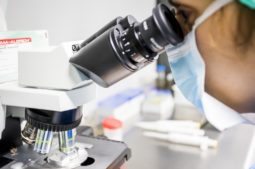
Promising results are achieved in women under 40 with the worst reproductive scenario at ovarian level, thanks to the ASCOT technique (infusion of stem cells in the ovarian artery), which was already successful in low-responder patients The latest development shows the benefits of mobilizing stem cells in bone marrow and how, without injecting them, they… View Article
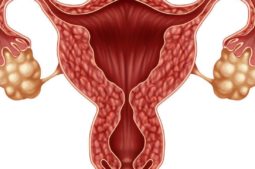
Each ovary contains a variable number of ovarian follicles, and every one of those follicles contains one immature egg, or oocyte. Among all the follicles with oocytes growing inside, only one or maybe two will grow and develop completely, maturing and being released as an egg during the process called ovulation. Although an ovarian… View Article

Yes, no, probably, probably not, maybe, maybe not, it depends. Why? As with many interesting questions, the answer to this one depends on what comes next, and what came before. Tubal ligation is intended to be a permanent form of contraception but very few things are perfect, and we all know that circumstances can… View Article
